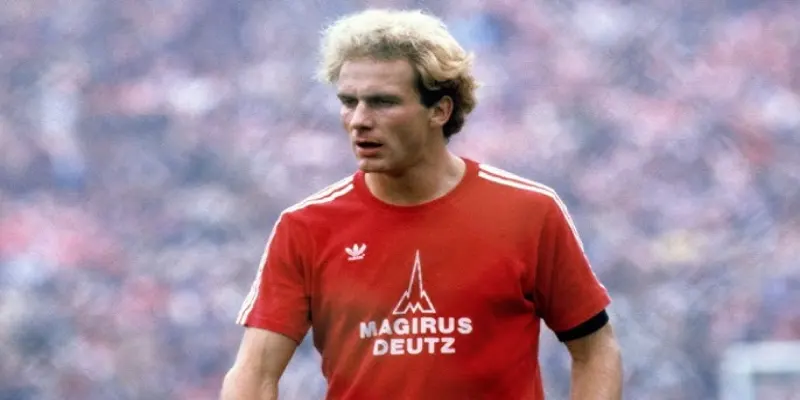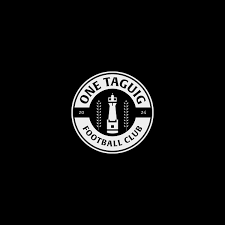
Karl-Heinz Rummenigge: Football Legend & Legacy
Karl-Heinz Rummenigge is a legendary figure in world football, known for his brilliance on the pitch and leadership off it. From his iconic playing days to his executive roles, he has shaped the sport in countless ways. With a legacy that continues to influence generations, Rummenigge’s story is one of passion, excellence, and transformation. Whether as a player or policymaker, his impact is undeniable—just like the shifting odds in a tight kèo nhà cái showdown. This article explores his remarkable journey and enduring legacy.
Biography of Karl-Heinz Rummenigge
Karl-Heinz Rummenigge was born on September 25, 1955, in Lippstadt, West Germany. Growing up in a modest neighborhood where football was more than just a game, Rummenigge developed a passion for the sport early in life.
Early Life and Background
Raised in a family that loved sports, Rummenigge was encouraged to take part in various physically demanding activities. His father, a local football coach, introduced him to the game, and it wasn’t long before he became a local sensation.
His childhood was filled with hours spent honing his skills on the pitch, playing with friends and local clubs. By his teenage years, Karl-Heinz was already drawing attention for his impressive abilities, showcasing a talent that would soon enable him to transcend the local scene.
Journey into Professional Football
Rummenigge started his professional career with Borussia Lippstadt, a local club, before making a significant move to Bayern Munich’s youth team. His tenacity, skills, and versatility quickly caught the eye of scouts and coaches.
His debut for Bayern Munich came in 1974, immediately placing him on the radar of many football aficionados. His transition to the professional level was marked by the same enthusiasm and determination he had demonstrated throughout his youth.
Personal Life and Influence
Despite his immense fame, Karl-Heinz maintained a down-to-earth persona rooted in his upbringing. He married his childhood sweetheart, and together they raised a family that shares his love for sports.
Rummenigge’s success on the field never overshadowed his commitment to family values, making him a beloved figure in both public and private spheres. His life story is not just about sporting achievements; it’s also about resilience, hard work, and the importance of staying grounded while chasing one’s dreams.
Karl-Heinz Rummenigge’s Football Career
Rummenigge’s professional career spans over a decade, during which he solidified his status as one of football’s greats. His versatility allowed him to play both as a forward and as a midfielder, showcasing an array of skills.
Bayern Munich Years
From 1974 to 1984, Rummenigge donned the iconic Bayern Munich jersey. Over the course of these years, he became a key figure in the club’s success. Under the guidance of legendary coaches, he honed his craft and contributed significantly to the team’s accomplishments in both domestic and European competitions.
His style of play, characterized by sharp dribbling and an eye for goal, made him a fan favorite. The connection he forged with supporters further cemented his place in the hearts of many Bayern enthusiasts.
International Career with Germany
Rummenigge represented West Germany in international competitions, participating in two World Cups (1978 and 1982) and two European Championships (1980 and 1984). His tactical awareness and leadership qualities shone through during these tournaments, and his performances were vital in helping West Germany secure the UEFA European Championship in 1980.
His role was not merely that of a player; he was a leader on the field, often guiding younger teammates and making tactical decisions during crunch moments.
Transition to Serie A
After his successful years with Bayern Munich, Rummenigge took a bold step by transferring to the Italian club Inter Milan in 1984, further expanding his horizons. While European football often operates under different tactical dynamics compared to the Bundesliga, he adapted quickly.
His time at Inter showcased his ability to thrive in varied football cultures, as he contributed significantly to the Serie A team and continued to garner individual accolades for his efforts.
Achievements of Karl-Heinz Rummenigge
Rummenigge’s career is decorated with numerous titles and awards, each of which signifies an aspect of his extraordinary impact on football.
Domestic Titles
During his time with Bayern Munich, Karl-Heinz Rummenigge helped the club secure multiple Bundesliga titles. His contributions were instrumental in the club’s dominance during the late 1970s and early 1980s.
The Bundesliga trophies went hand-in-hand with his personal accolades, including being named Bundesliga’s top scorer several times. This era of success established Bayern Munich as a formidable force in both German and European football.
International Honors
On the international scene, Rummenigge earned significant recognition. His crowning achievement came with West Germany’s victory at the UEFA European Championship in 1980. Although the World Cups didn’t end with the same success for him, his performances left a lasting legacy.
His ability to perform under pressure and lead his team made him a critical component of the national side. Rummenigge’s international accolades are a testament to his skill and leadership.
Individual Accolades
Rummenigge was named the FIFA World Player of the Year twice, in 1980 and 1981, and he also won the Ballon d’Or in 1980 and 1981. This level of recognition is a testament to not just his individual brilliance but also the respect he commanded in the footballing world.
These awards reflect his ability to captivate audiences, not only through his goal-scoring prowess but also through his vision, playmaking, and overall contribution to the game.



